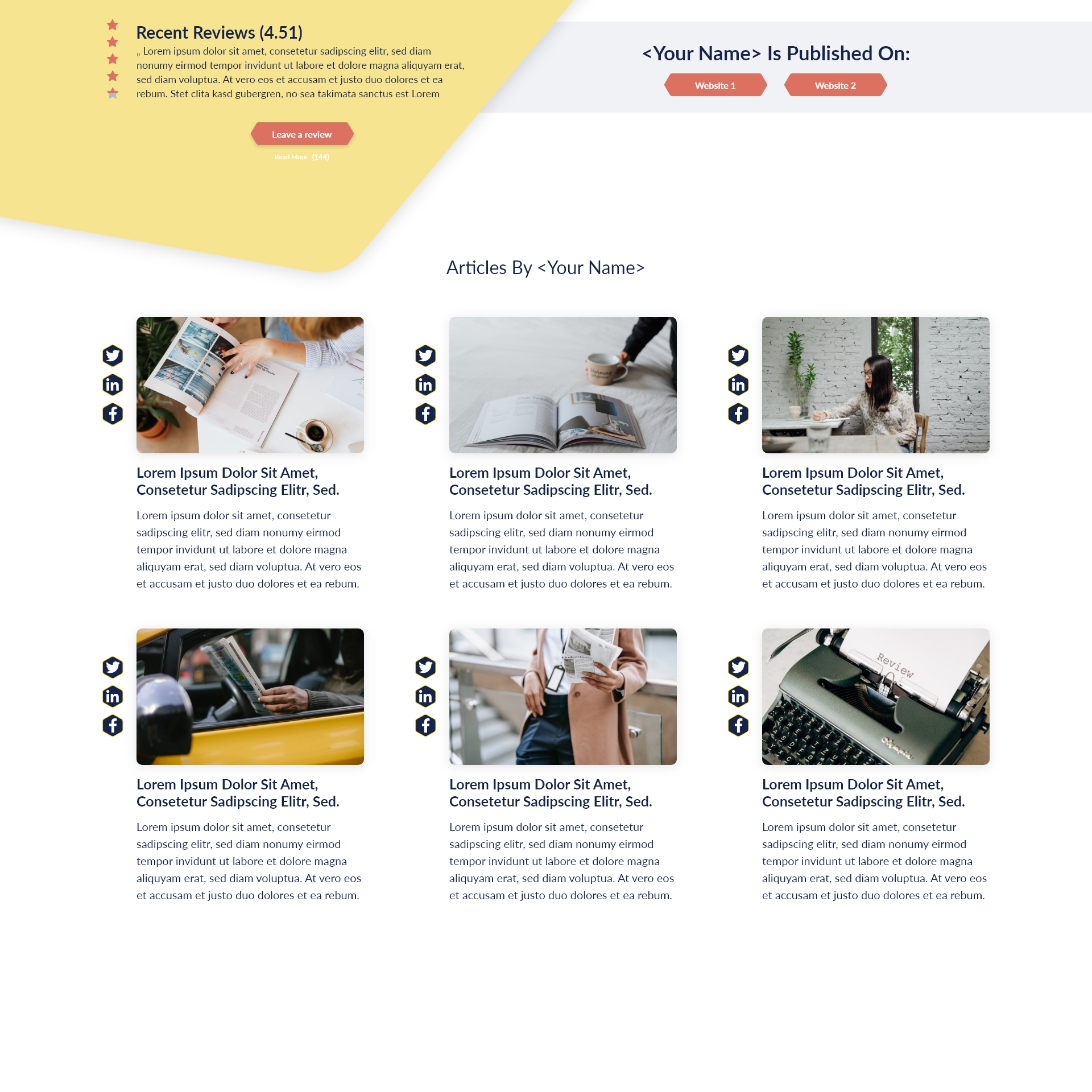Emotional intelligence (also known as EI) is a skill harnessed by successful leaders around the world. Unlike your IQ, your EI has the potential to increase with regular effort for the benefit of not only yourself but customers and team members, too. Business leaders possessing high EQ are geared toward entrepreneurial innovation and success. In fact, emotional intelligence has been recognized as a strong predictor of job performance.
Successful business practices are more about the positive influence of other people than anything else. The more you understand your team, and the better you treat them as a leader, the more your business is positioned to grow and thrive. As a critical building block to influencing others and maintaining personal and professional relationships, organizations are nothing without a healthy dose of EI. So, as a leader, how can you go about increasing your level of EI?
Understanding Emotional Intelligence

Emotional intelligence (or EI) is a phrase coined in the 1990s by John D. Mayer and Peter Salovey. They define it as a set of skills thought to contribute to the appraisal and expression of emotion within yourself and others. Additionally, it’s believed to serve as an effective mode of emotional regulation and may be used to achieve, plan, and motivate aspects of your life. Emotional intelligence comprises four categories: empathy, social skill, self-regulation, and self-awareness.
Self-Awareness
Mastering self-awareness should signal the beginning of your journey to the development of emotional intelligence. As arguably one of the essential skills regarding leadership, self-awareness helps establish effective communication throughout a business, even during stress or unparalleled growth. Leaders cannot create the most optimal of outcomes if they are aware of the weight their actions, decisions, and words carry or place upon employees.
Ultimately, a lack of self-awareness results in a disorganized and disconnected team. If you seek to limit the amount of damage control in terms of customers or employees, begin developing your self-awareness. Those who spend time reflecting before acting or speaking are more inclined to deliver messages in a motivating method that helps employees feel seen and heard. Even in the face of significant challenges, leadership can quickly impart inspiration and unity with some self-awareness development.
Self-Regulation
Leaders who understand how to push employees toward success realize the importance of developing self-regulation. This skill takes individuals to the doing stage directly from dreaming through internal management techniques that station actions and emotions in their favor. Think of it as an invisible force driving individuals to plow through tough times. This skill ensures their actions and behaviors align well with the desired outcome.
Social Awareness

EQ has an increasing requirement for a significant amount of empathy, but what exactly is empathy? Withholding judgment, holding space, communicating, emotionally connecting, and simply listening to another is known as empathy. For example, communicating healing messages to employees that they don’t have to struggle alone is enough to establish a deep connection in an environment of understanding. Sometimes known as an ability to “read the room,” empathy encompasses self-conduct aimed at producing desired results regularly.
This skill significantly affects social awareness, especially regarding reading non-verbal and verbal cues. Such ability enables leaders to control reactions to create a response that serves the needs of another individual. By learning to attune themselves to the feelings of others, leaders can calm fears, support good spirits, assuage anger, and make the most appropriate decisions moving forward.
Defining Your Intentions
Some employees struggle to complete duties without understanding the “why” behind their accomplishments. Leadership needs to consider the issues with any given job to connect it with the organization’s mission well before delegating it to an employee or team. This endeavor will pay off in the long run by giving work meaning and establishing a picture of success while motivating employees toward one goal.
Prepare yourself to field questions along the way, especially as employees wonder about the how, why, what, and even when. By expressing the value behind the role and how the task drives business or even accomplishes growth, you offer clear lines of communication and establish trust with your team. Perhaps it will provide a new level of growth and development that was initially unobtainable.
Conveying task purpose will put employees in the right frame of mind to improve the company’s success, culture, happiness, and even freedom. Your team will be well-equipped moving forward if you take the time to explain the why, what, and how in any given situation. Your willingness to communicate will also speak volumes about your intentions, so take care in how the messages are delivered.
Invite Feedback
Accepting employee feedback enables leadership to improve the management of negative behaviors across the board. Emotional intelligence plays a significant role in the invitation of feedback, especially when the administration must maintain an accountable, approachable presence. By committing to raised levels of self-awareness, you can sufficiently recognize the shortcomings within your leadership style.
Start by communicating the importance of self-awareness on a personal level. Strike up a one-on-one conversation with employees who feel you have areas of improvement to address, and take notes. Doing so will enable you to keep track of unfavorable traits in need of progress that are easily recognizable by others. Holding yourself accountable or teaming up with a mentor will do wonders for minimizing personal issues moving forward.
Create Incentives for Achievement
Goal-setting techniques will enable you to increase your self-regulation abilities, but it is crucial to discover your self-motivation. What drives you to succeed? Do you foresee positive outcomes in your future? Would these improvements also improve the company? What possible downsides are there to the failure of objectives? Do I have time to do better?
Considering your success from various angles will add purpose to your achievement, mainly if you write them down. Partnering with a mentor will also keep you on the path to success. As you fulfill positive outcomes, you are poised to maintain self-regulation and engagement levels as you approach more challenging targets.
Assembling a Diverse Team
A diverse team enhances every facet of a company through cultural and financial benefits. Unique points of view and abilities make operations more profitable, while a diverse group expands a leader’s ability to empathize with others. Once empathy is felt on a personal level, you are more likely to support them by offering help, listing, or taking the time to understand their perspective. Working alongside people with different backgrounds adds another dimension to the workplace in a positive way. If anything, these aspects will challenge you to show up for your team as their leader.
Foster Strong Relationships
One component of the social aspect of EI is known as relationship management, which includes: inspirational leadership, development of others, influence, teamwork, collaboration, being a change catalyst, and conflict management. To positively affect the lives of your employees to guide them toward collective achievement, you must work on developing your leadership qualities. Essentially, relationship management can drive a more favorable outcome in the construction of solid workplace relationships.
Developing Healthier Group Culture
Leaders who strive to unify their team members inadvertently influence and inspire their team to reach new heights. At the same time, it may be impossible for everyone to agree, especially regarding how conflict management serves as another aspect of leadership. Know that conflict doesn’t have to result in adverse outcomes. Managing conflict is part of creating a healthy work environment where people respectfully challenge one another. Sometimes, you need to let people voice their opinions in moments of tension rather than losing your cool and ultimately losing their respect.
When you operate in the mindset of a servant leader, you demonstrate conflict management within yourself and poise your team to build solid inner relationships. Leaders with this style of management put the needs of others first, thereby eliminating self-serving tactics. Furthermore, by spending time teaching leadership skills to your employees, servant leaders encourage strong relationships. This type of leader creates an environment of trust between team members and themselves, ultimately eliminating any unpleasant behavior.
Regular Checking-Ins
Building relationships can potentially expand the knowledge of business owners and executives, especially regarding their staff. This effort often results in more profound insight into in-house strengths, diversities, and more. As a leader, the more time you spend getting to know your employees, the stronger your team will become. In addition, regular check-in sessions ensure you become more emotionally intelligent on a personal level while also increasing the effectiveness of your leadership skills.
Harnessing Emotion
Emotion doesn’t have to be the elephant in the room. The more a leader works to develop their emotion, the easier it is to control. In addition, training your brain through repetitive activities leads to acquiring emotionally intelligent behaviors, as your brain works to create new pathways. With some work, you will soon find yourself responding to situations with a new EI level without additional thought.
If you are interested in becoming a better leader for the benefit of your employees, chances are you have the potential to create a work environment where team members feel valued and heard. Ultimately, this desire produce unparalleled levels of happiness and accomplishment you’d be hard-pressed to find in the workplace.







